
- Article
- Article
Yoga gets physical
Modern yoga owes a debt to the physical culture movement that created a world obsessed with health and fitness.

- Article
- Article
Self-obsessing in the age of selfies
The tiny, joyful spark of a social media ‘like’ can lead to a damaging obsession. Find out how far people will go when their phone addiction gets the upper hand.

- Article
- Article
In search of the ‘nature cure’
Under the competing pressures of modern life, many of us succumb to mental ill health. Samantha Walton explores why so-called ‘nature cures’ don’t help, and how the living world can actually help us.

- Article
- Article
Sick of being lonely
When his relationship ended, Thom James first withdrew from the world, then began to suffer from illnesses with no apparent physical cause.

- Article
- Article
Epidemic threats and racist legacies
Epidemiology is the systematic, data-driven study of health and disease in populations. But as historian Jacob Steere-Williams suggests, this most scientific of fields emerged in the 19th century imbued with a doctrine of Western imperialism – a legacy that continues to influence how we talk about disease.
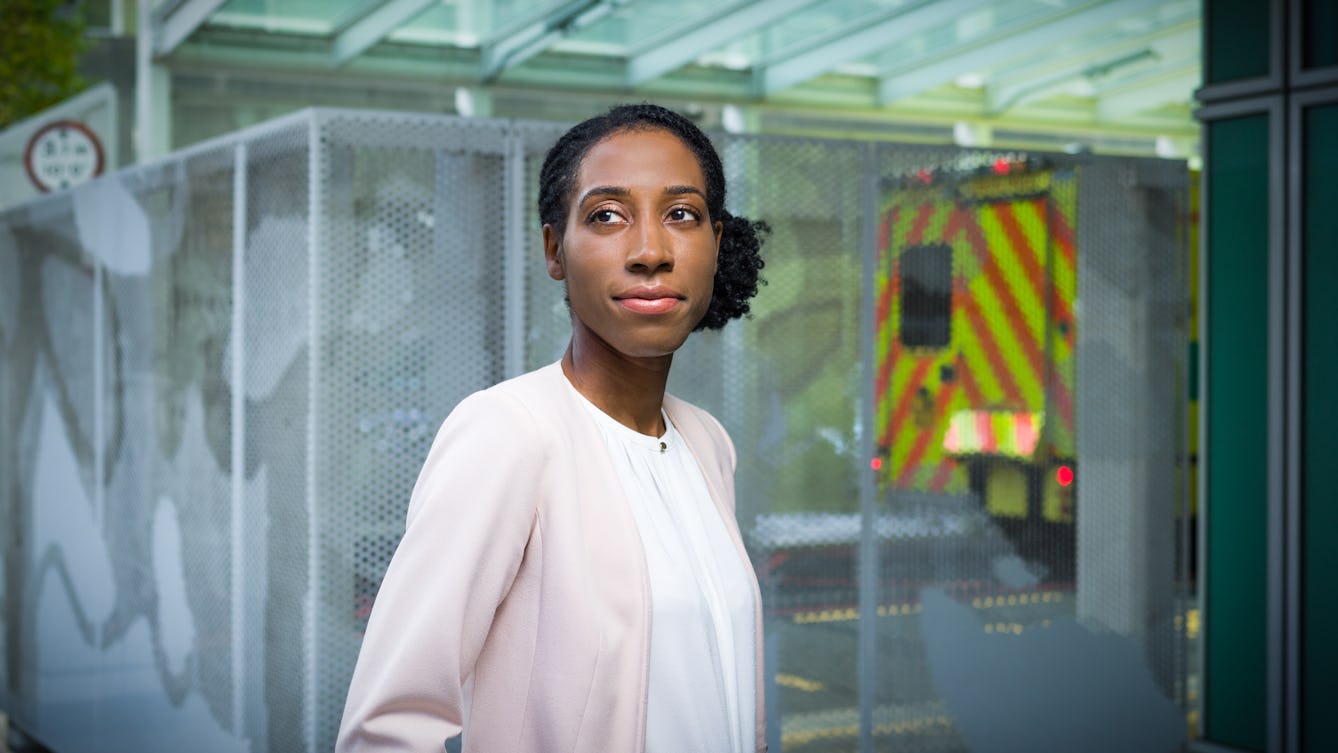
- Article
- Article
Born in the NHS
Despite underfunding, strikes and scandals, the first two decades of the 2000s has seen the British people’s love of and loyalty to the NHS soar.
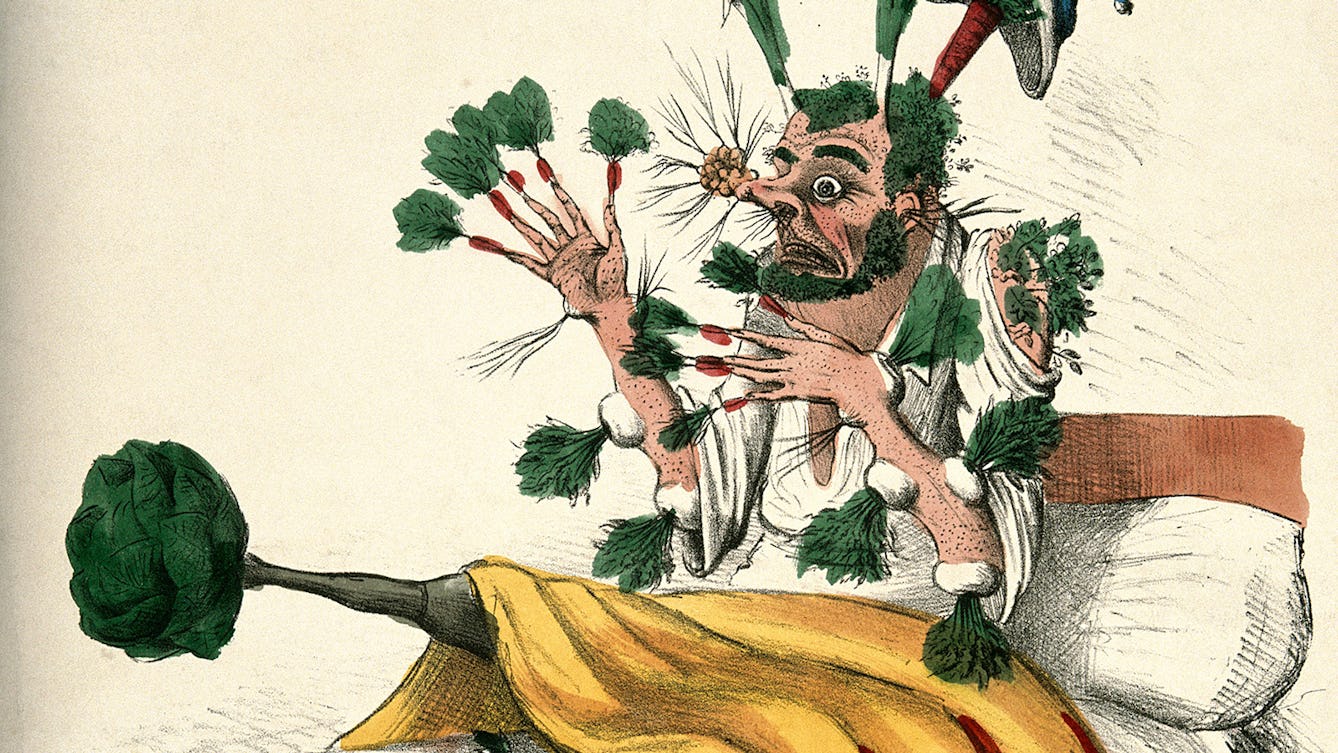
- Article
- Article
Graphic battles in pharmacy
James Morison’s campaign against the medical establishment inspired a wave of caricatures mocking his quack medicine.
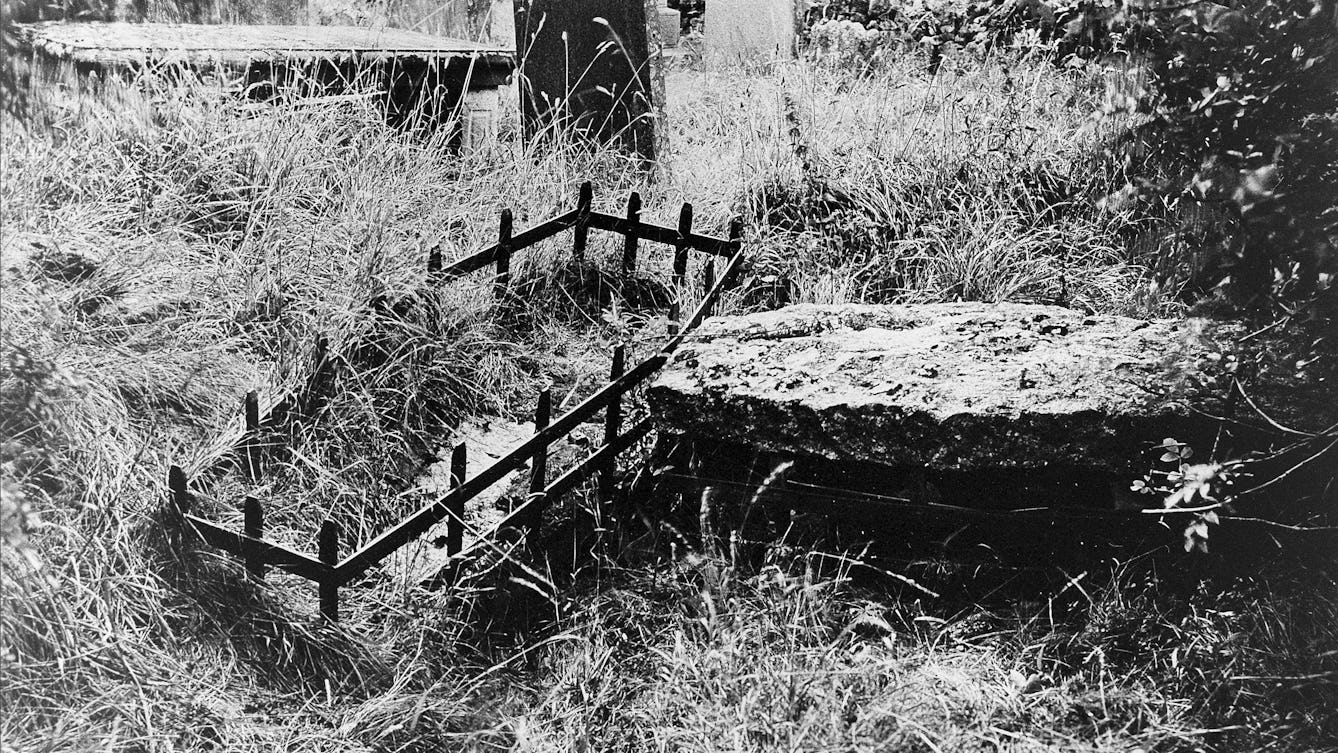
- Article
- Article
Beating the bodysnatchers
When a rise in grave robbing called for strong measures, mortsafes became the unassailable solution. Allison C. Meier explores.
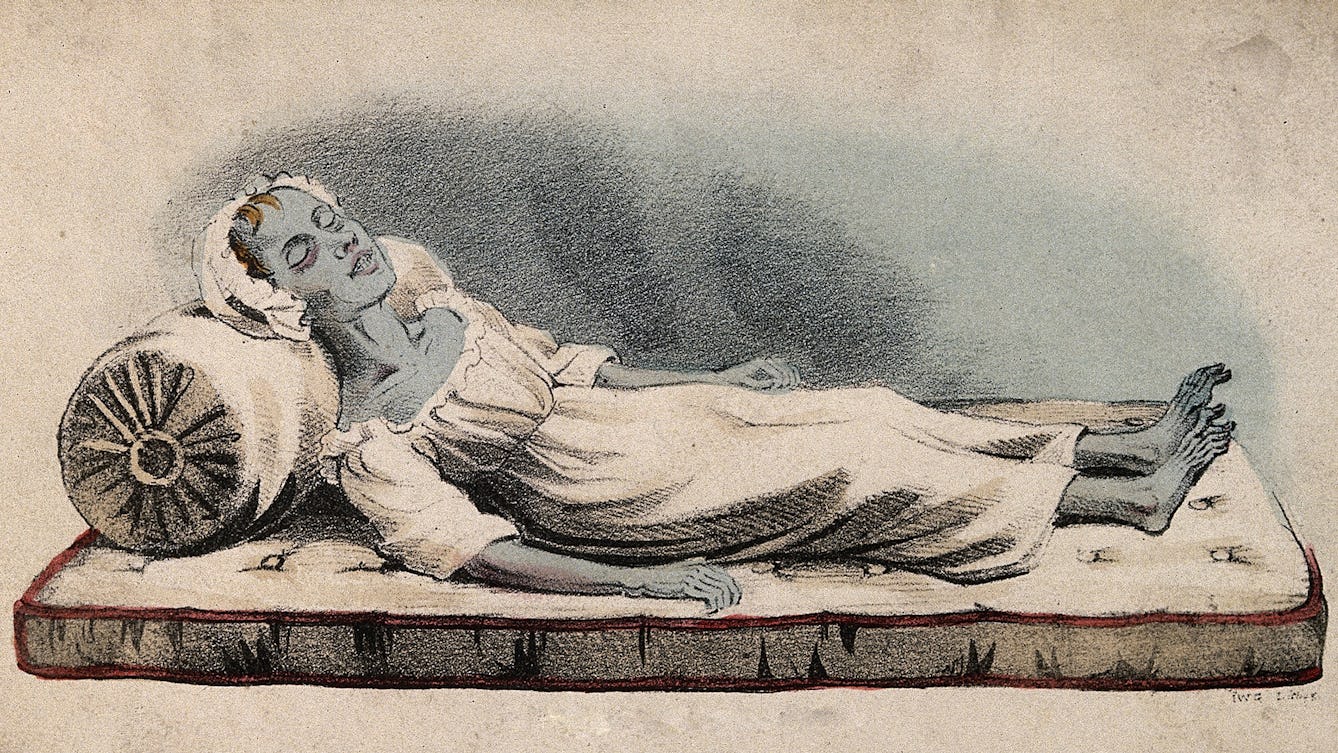
- Article
- Article
The colonist who faced the blue terror
India, 1857. In a British enclave, Katherine Bartrum watches her friend, and then her family, succumb to the deadly cholera.
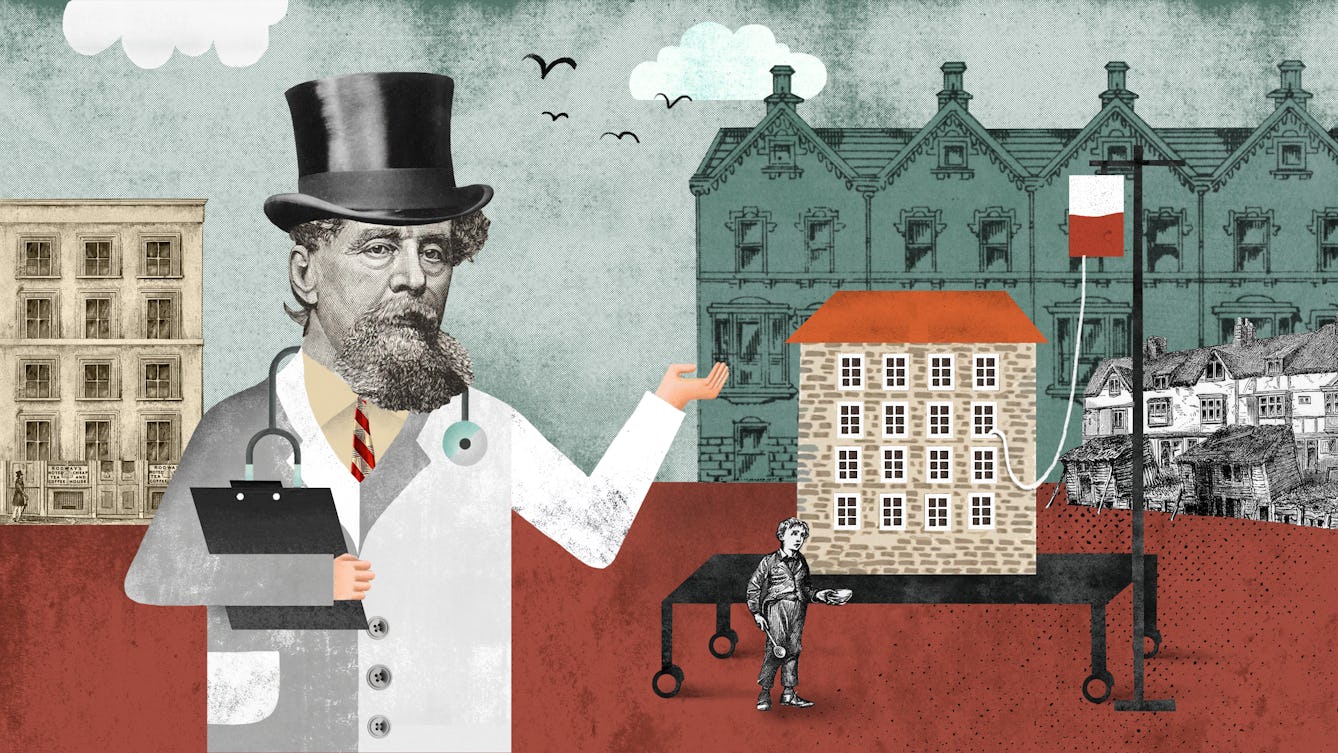
- Article
- Article
How slums make people sick
A newly gentrified corner of Bermondsey leaves little clue to its less salubrious history. But a few intrepid writers recorded the details of existence in one of London’s most squalid slums.

- Article
- Article
Cowpox, Covid-19 and Jenner’s vaccination legacy
The well-known story of vaccination pioneer Edward Jenner has at its heart his drive to make vaccines free of charge and available to all. Now his principles extend to the global campaign for a people’s patent-free vaccine for Covid-19.

- Article
- Article
Eugenics and the welfare state
Indy Bhullar explores the ideas of William Beveridge and Richard Titmuss, who were strongly influenced by eugenic thinking, and yet championed the idea of the welfare state.
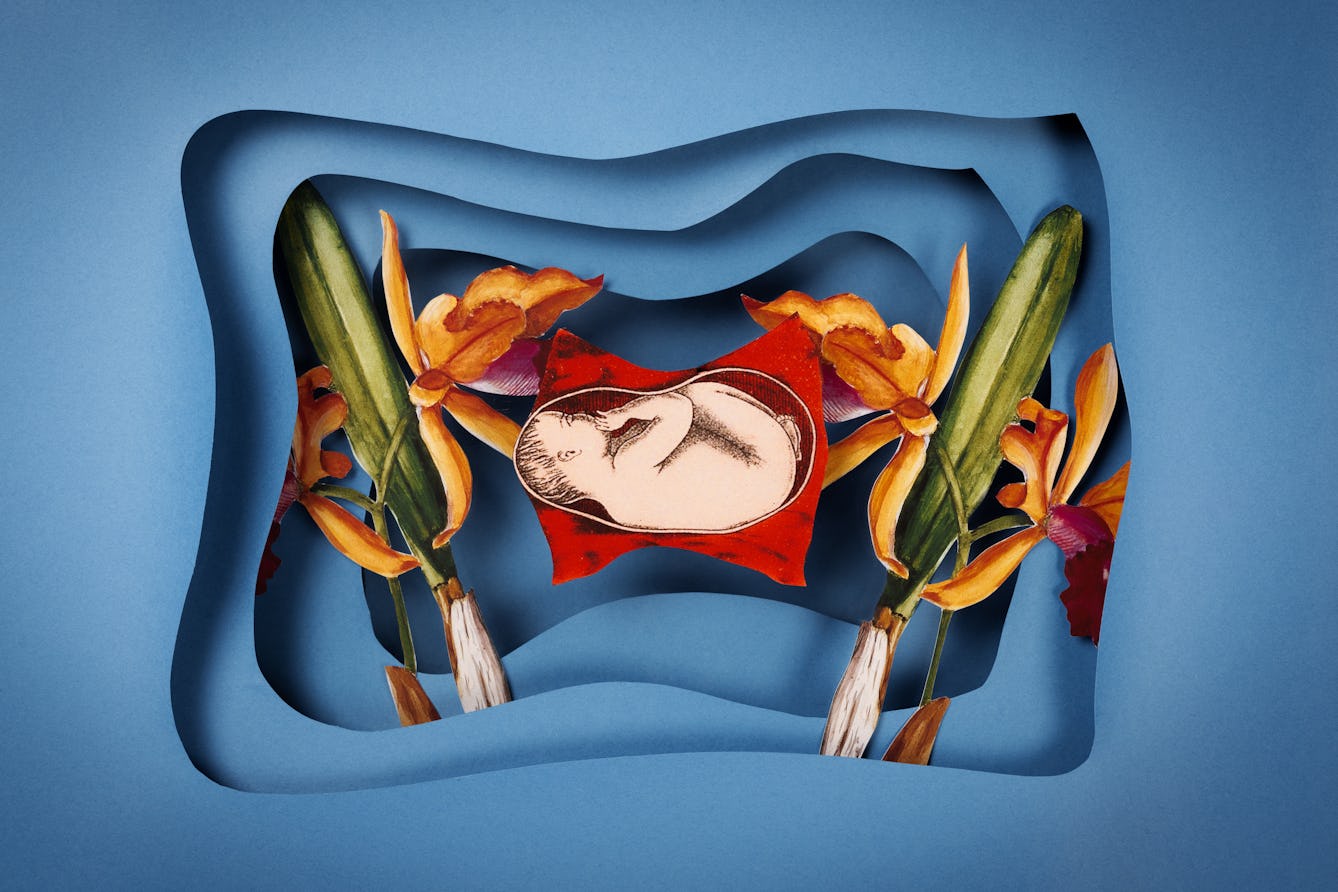
- Book extract
- Book extract
Of incubators, orchids and artificial wombs
In this extract from Claire Horn’s new book, ‘Eve: The Disobedient Future of Birth’, she traces the development of the artificial womb, soon to become a reality.
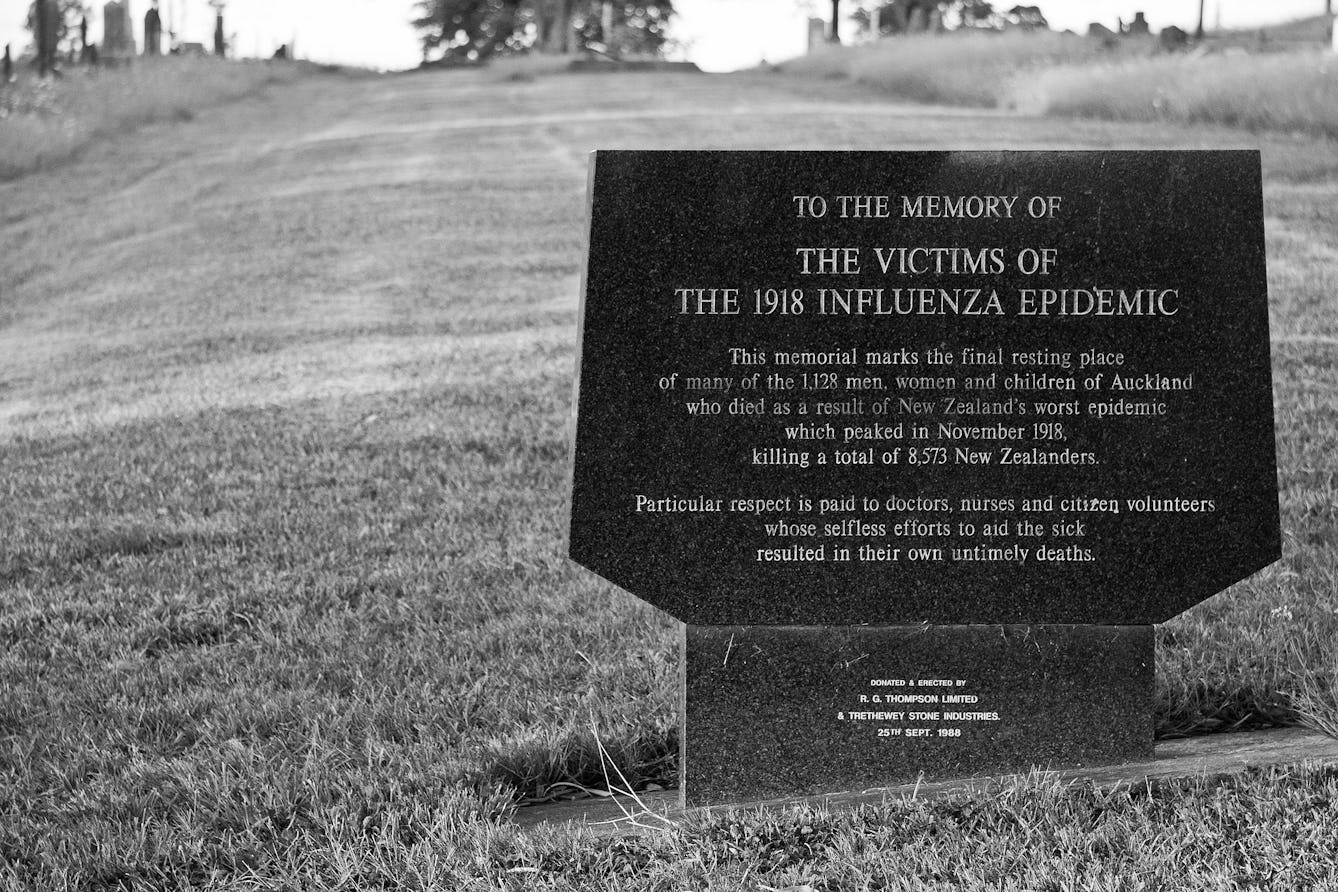
- Article
- Article
Why the 1918 Spanish flu defied both memory and imagination
The Black Death, AIDS and Ebola outbreaks are part of our collective cultural memory, but the Spanish flu outbreak has not been.

- Article
- Article
Booze and bad behaviour
Our love of alcohol is like a party that’s lasted nine centuries. But there are signs that the demon drink is losing its appeal.

- Article
- Article
Why pandemic denial is nothing new
Could today’s Covid-deniers be taking lessons from history? After all, it’s nearly 200 years since frustrations at a cholera-induced lockdown erupted in Sunderland.

- Article
- Article
The origins and meanings of pharmacy symbols
What have snakes, unicorns and crocodiles got to do with pharmacies? The history of these modern signs goes back to the Greek gods.

- Article
- Article
Celebrating our soft toys
After cuddling a teddy bear cured her insomnia, Elspeth Wilson was inspired to speak to four other autistic and disabled adults, who praise the roles soft toys play in their lives.

- Article
- Article
Medics and the bomb
Would a nuclear attack on the UK overwhelm the NHS? At the height of the Cold War, despite government optimism, medics predicted doom.

- Article
- Article
The psychological impact of nuclear war
How would you hold up psychologically if a nuclear bomb was dropped? Discover the British government’s secret predictions from the 1980s.
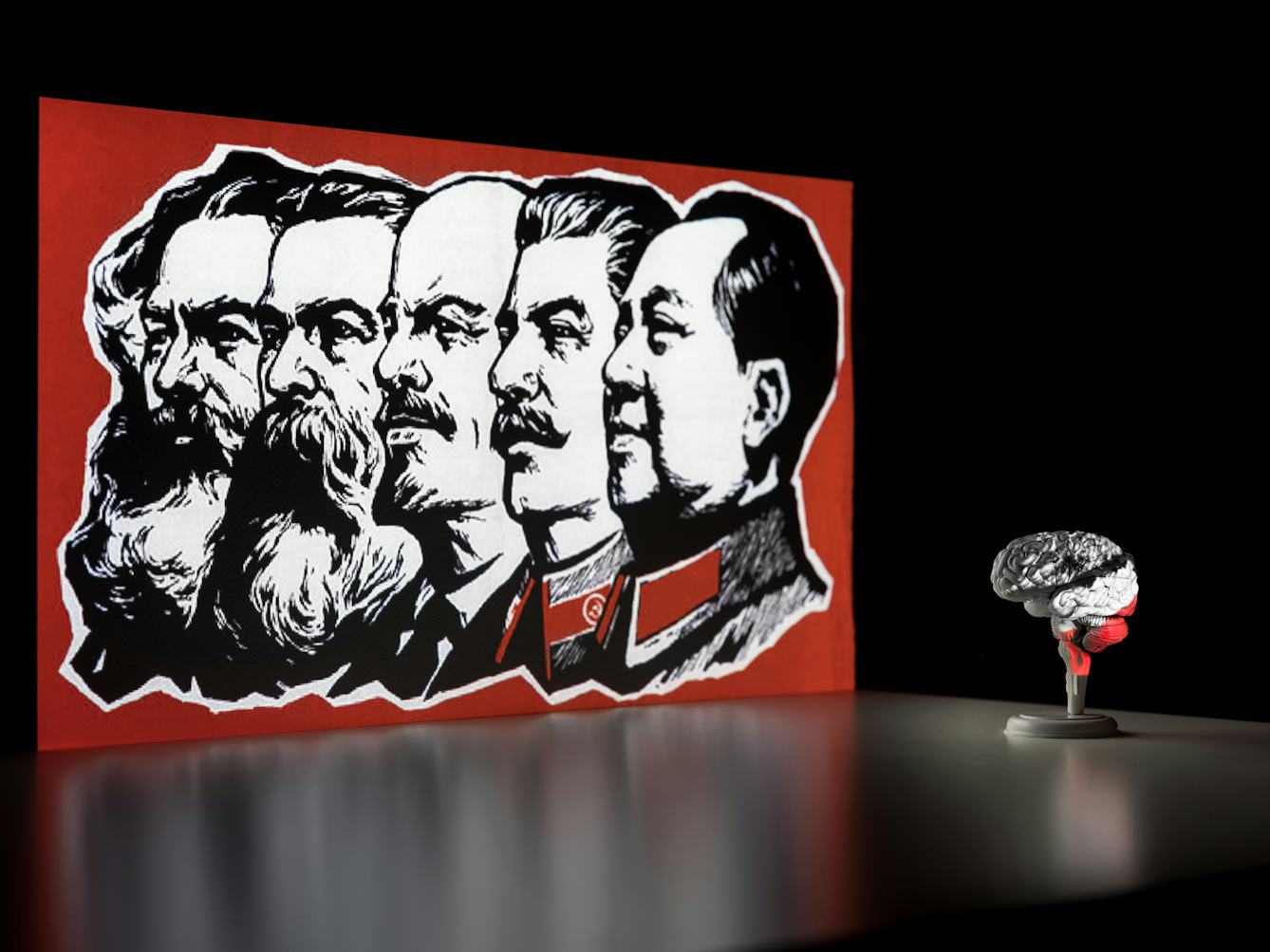
- Book extract
- Book extract
The history of brainwashing
Is it possible to control what other people think? In this abridged extract from his book ‘Brainwashed’, psychoanalyst and historian Daniel Pick offers us a new history of thought control.

- Article
- Article
Children in burns prevention campaigns
Whose responsibility is it to prevent accidental burns and scalds in the home? Shane Ewen’s research shows that it’s everyone’s concern.

- Article
- Article
Cocaine, the Victorian wonder drug
Today, cocaine has a very poor public image as one of the causes of crime and violence. But for the Victorians it was welcomed as the saviour of modern surgery.
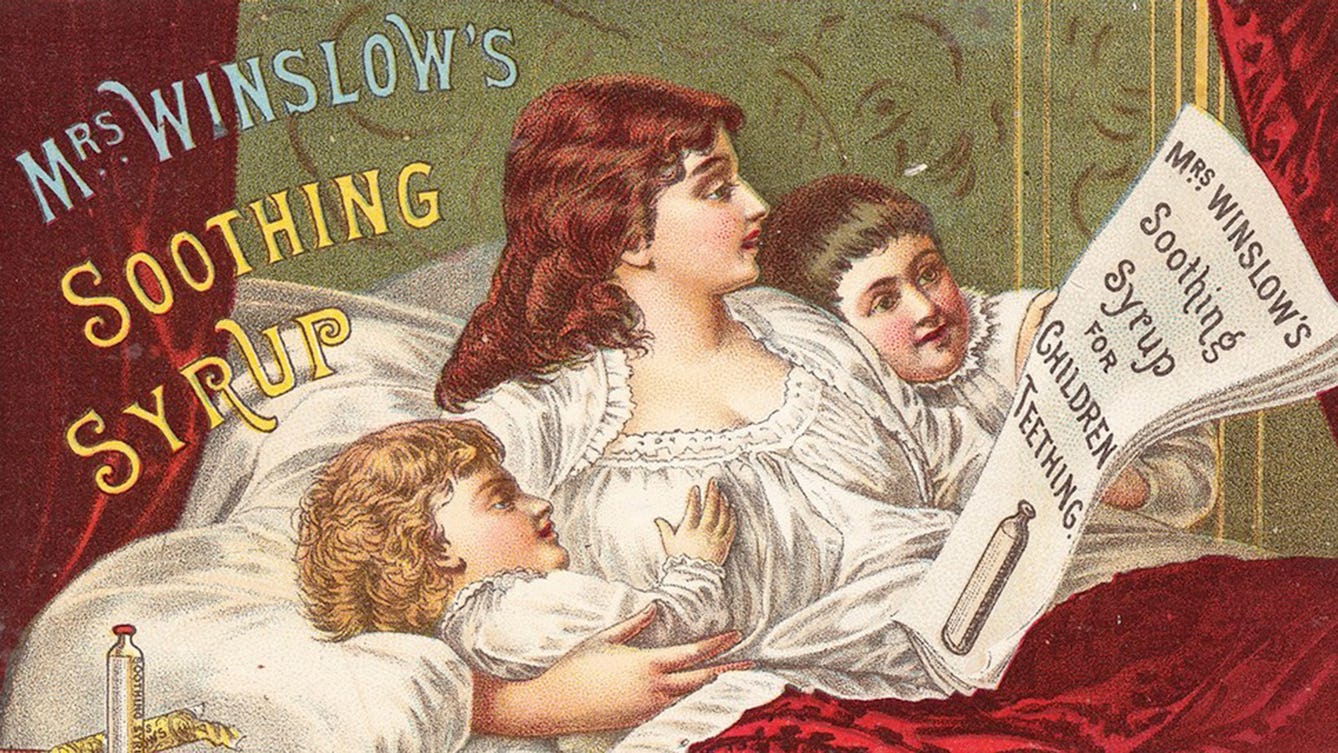
- Article
- Article
The poor child’s nurse
Charming family scenes in Victorian ads for children’s medicines were at odds with some of the dangerous ingredients they contained.

- Article
- Article
Dealing with the dead after a nuclear attack
Cold War-era predictions of death on a vast scale became routine. But the British authorities were less prepared to dispose of the bodies.